Securing a mortgage is one of the most critical steps in the home-buying process, but it’s also a stage where many potential buyers stumble. Navigating the complex landscape of mortgage financing requires a clear understanding of what to avoid. Here are key financing pitfalls that can derail your journey to homeownership and how to steer clear of them.
- Not Checking Your Credit Score in Advance:
Your credit score is a crucial factor in determining your mortgage eligibility and interest rates. Not knowing your credit score beforehand can lead to surprises when applying for a mortgage. Ensure you check your credit score well in advance to address any issues. - Overlooking Mortgage Pre-Approval:
Skipping the pre-approval process is a common mistake. A pre-approval not only gives you an idea of how much you can afford but also strengthens your position when making an offer on a house. It shows sellers that you’re a serious buyer with financing already in place. - Accumulating New Debt:
Taking on new debt while in the process of getting a mortgage can be a red flag to lenders. It affects your debt-to-income ratio, a key metric lenders use to assess your ability to repay the mortgage. Avoid major purchases, such as a new car or large credit card expenditures, until after closing. - Changing Jobs:
Lenders look for stability in your employment history when approving a mortgage. A recent job change, especially to a different field or for lower pay, can impact your loan approval. If possible, stay in your current job until the mortgage process is complete. - Ignoring the Total Costs of Homeownership:
Focusing solely on the mortgage payment without considering other costs can be a mistake. Property taxes, homeowners insurance, maintenance, and potential homeowners association (HOA) fees can add significantly to your monthly expenses. Ensure you account for these in your budget. - Choosing the Wrong Mortgage Type:
There are various mortgage products available, each with its own advantages and disadvantages. Opting for an adjustable-rate mortgage (ARM) without understanding how rate changes could affect your payments in the future is risky. Work with your lender to choose the mortgage type that best suits your long-term financial goals. - Not Shopping Around for Lenders:
Not all lenders offer the same mortgage rates or terms. Failing to shop around can mean missing out on better deals. Compare offers from multiple lenders to ensure you’re getting the best mortgage for your situation. - Underestimating the Importance of a Good Lender:
A responsive and reputable lender can make the mortgage process smoother and less stressful. Look for lenders with positive reviews and ask for recommendations from friends or your real estate agent.
Avoiding these pitfalls can help ensure a smoother mortgage process, allowing you to secure the financing you need to purchase your dream home.

